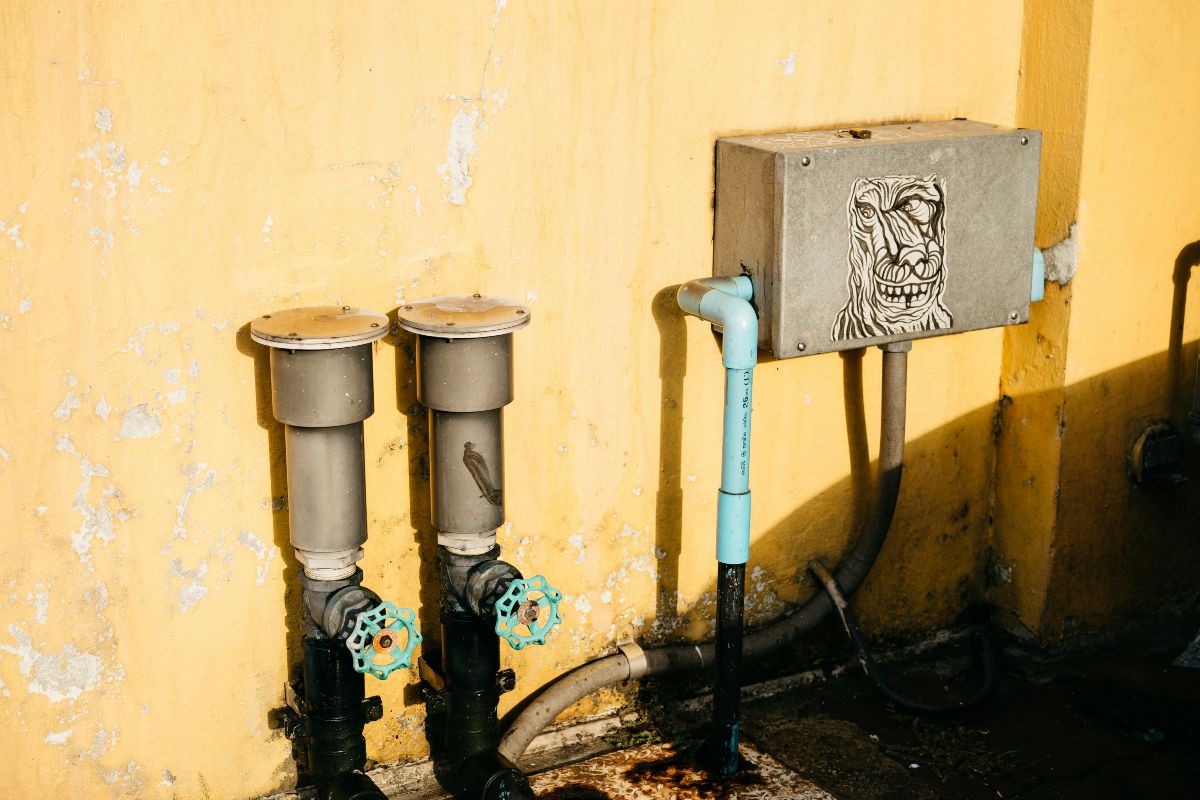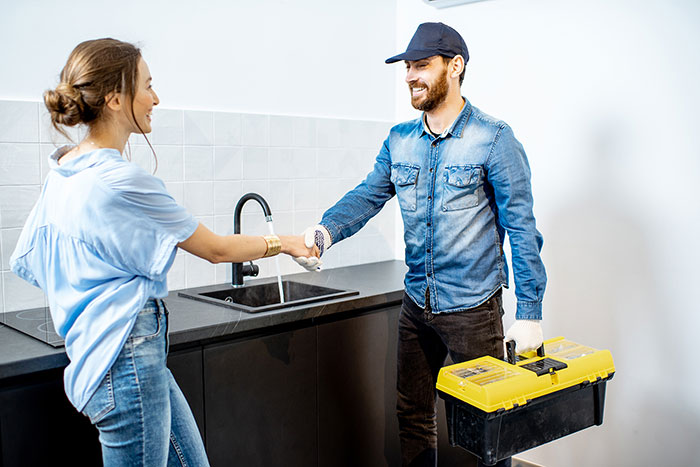In the ever-evolving world of plumbing services, adhering to recognized standards is essential for ensuring safety, efficiency, and regulatory compliance. For plumbing professionals in Germantown, TN and beyond, the International Association of Plumbing and Mechanical Officials (IAPMO) and its Uniform Plumbing Code (UPC) represent the gold standard.
In this article, we’ll explore how IAPMO and the UPC shape industry best practices, outline the consensus development process, and highlight the public health impact of plumbing code compliance.
What Is IAPMO?
Founded in 1926, the International Association of Plumbing and Mechanical Officials (IAPMO) is a U.S.-based nonprofit organization dedicated to developing model codes and standards for plumbing and mechanical systems. IAPMO’s mission centers on promoting public health, safety, and welfare through the creation of uniform, consensus-driven technical codes. Key figures—such as David Viola (CEO) and Hugo Aguilar (Vice President of Codes and Standards)—oversee the ANSI-accredited process, ensuring transparency and industry-wide participation.
The Uniform Plumbing Code: Overview and History
The Uniform Plumbing Code (UPC) is IAPMO’s flagship model code, first designated as an American National Standard in 1945. It governs the design, installation, and inspection of plumbing systems, emphasizing safe and sanitary practices while allowing for innovation and new technologies. The UPC covers a broad array of topics—from plumbing fixtures and water distribution (Chapters 4–6) to storm drainage and specialized systems like medical gas (Chapters 11–13).
By offering a consistent framework for plumbing code compliance, the UPC assists municipalities, inspectors, and contractors in enforcing regulations and minimizing costly revisions. Over time, it has become integral to plumbing regulations, safety standards, and professional guidelines across North America.
The Consensus Development Process and Key Entities
One of the UPC’s hallmarks is its open consensus development process, which involves diverse stakeholders:
- Manufacturers (e.g., ASSE International, ASTM International) contribute technical expertise on materials and testing standards.
- Enforcing authorities (building inspectors, code officials) ensure the code remains enforceable and clear.
- Installers and maintenance professionals (licensed plumbers, contractors) bring field-level insights into practical applications.
- Consumers and public interest groups voice safety and sustainability concerns.
Through ANSI protocols, IAPMO updates the UPC every three years, with revision cycles beginning biennially and spanning two years to accommodate public comments, technical committee reviews, and final ballots. This IAPMO certification of the consensus process fosters industry buy-in and drives UPC updates that reflect emerging technologies like sustainable water reuse and nonpotable rainwater harvesting.
Impact of the UPC on Plumbing Safety and Public Health
Adherence to the UPC and related plumbing standards has a direct impact on reducing waterborne illness outbreaks and enhancing system longevity. For instance, the Centers for Disease Control and Prevention (CDC) reports that opportunistic pathogens—such as Legionella and Pseudomonas—proliferate in poorly maintained plumbing systems, causing Legionnaires’ disease and other infections. Moreover, waterborne diseases cost the U.S. healthcare system over $3 billion annually and affect more than 7 million people each year.

By enforcing plumbing regulations grounded in the UPC—such as proper pipe sizing, backflow prevention, and fixture installation—building departments and plumbing professionals can dramatically reduce these risks. In healthcare settings, for example, compliance with ASHRAE Standard 188 and CDC’s Water Management Program guidelines protects vulnerable patients from Legionella outbreaks.
Staying Current: Code Updates and Industry Best Practices
To maintain compliance with evolving codes and plumbing code enforcement practices, professionals should:
- Subscribe to IAPMO code notifications – stay informed on proposed changes and draft supplements.
- Engage in continuing education – attend IAPMO training events or ASSE certification courses.
- Implement a code review schedule – review your local adoption of the UPC or amendments (e.g., California Plumbing Code, NY State plumbing codes).
- Leverage digital resources – use online code libraries (codes.iapmo.org) and mobile apps for quick reference.
By proactively embracing plumbing standards and regulations, companies like Magnolia Plumbing Company demonstrate professionalism, reduce liability, and deliver superior service to residents and businesses across Germantown, Bartlett, and the greater Memphis area.
Ready to Partner with a UPC-Certified Team?
If you’re located in Germantown, TN, and need plumbing services backed by code-compliant expertise—whether it’s drain cleaning, water heater installation, or full bathroom remodeling—Magnolia Plumbing Company has you covered. Our licensed plumbers follow the latest industry standards and the Uniform Plumbing Code to ensure your system performs safely and efficiently.
Contact us today to schedule a consultation or service.


